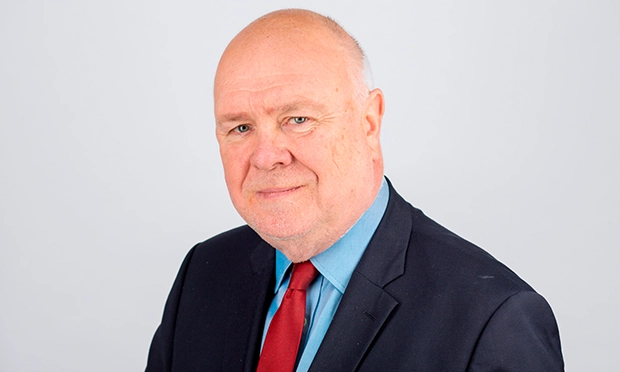Town Hall to keep council tax exemption for poorest pensioners

Cllr Robert Chapman, cabinet member for finance. Photograph: Hackney Council
Hackney Council has confirmed it will maintain its full council tax relief for the borough’s poorest pensioners – as other local authorities in England plan to scrap support measures.
Despite highlighting the Town Hall’s mounting financial “challenges” in recent months, finance chief Cllr Robert Chapman yesterday revealed there were no plans to remove the scheme, which exempts nearly 7,000 residents from the levy.
He told the Citizen: “We have been proud to find the funds to step up our council tax support over recent years, and have no current plans in place to reduce this.”
A total of 25,889 people in the borough currently pay a reduced amount of council tax.
The 100 per cent discount is only available to pensioners, while working-age residents are offered a discount of up to 90 per cent.
Chapman’s announcement comes after reports earlier this week that Greenwich Council was planning to remove its exemption, introduced in 2020, for the borough’s poorest households.
In a bid to save £1 million, the south London authority was discussing a return to its previous maximum discount of 85 per cent, or as low as 70 per cent.
Somerset Council has also mooted changes to its own discount scheme, which would see some of the county’s low-income residents lose their exemption.
Hackney’s neighbouring borough, Camden, this week confirmed plans to maintain its council tax support scheme for residents over the next financial year, with a further review in 2025.
Council tax in England is due to rise by up to five per cent in April, meaning that the average household would see an additional £100 added to next year’s bill.
In light of the Town Hall’s recent announcement that it was seeking to save £67 million by 2028, the Citizen asked Hackney Council how much of this it plans to achieve through cuts to services.
A council spokesperson said: “This will be an ongoing process as we work to make the savings needed to balance our budget through a combination of changes to services, investing to save, and transforming the way the council works.”
